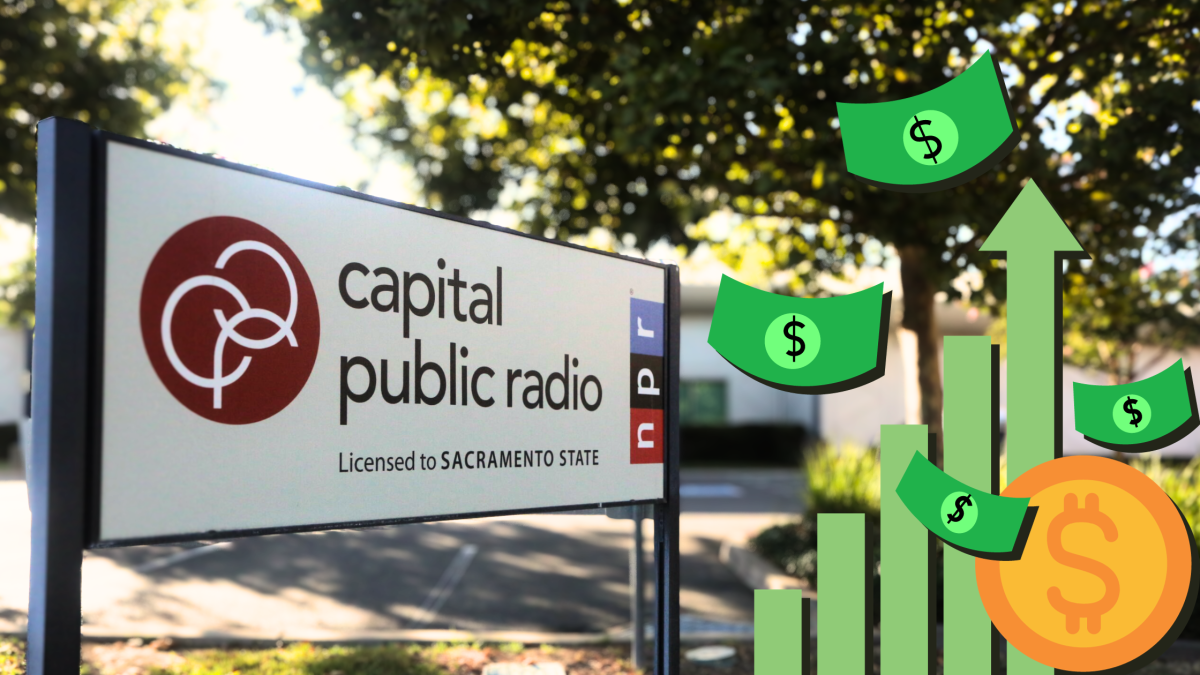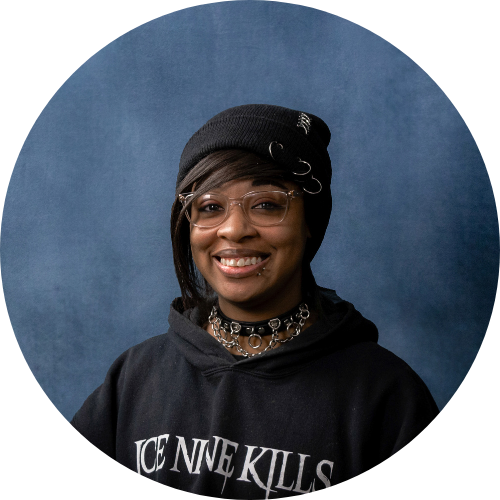Since the release of the California State University’s audit on CapRadio on Sept. 27, there has been a question of what the radio station is doing to stay running despite its losses.
RELATED: Former CapRadio employees recount the company’s deep-rooted problems
The audit revealed a history of financial mismanagement, with an internal audit by Sacramento State revealing the auxiliary would be out of financial resources by January 2024. President Luke Wood said the university has already put $12 million into the station and is estimated to spend another $5 million.
Sac State Chief Financial Officer and Vice President for Administration Jonathan Bowman said CapRadio currently runs on a $15 million operating budget. Both Bowman and Interim CapRadio President Tom Karlo said that the largest source of revenue for the company comes from community support, in the form of annual memberships and donations.
“I would say 40-50% comes from members, maybe 20-25% comes from community support,” Karlo said. “10% comes from the federal government, and the rest comes from grants.”
Karlo said community support includes corporate support and businesses that sponsor the station.
Bowman also said that some of the revenue comes from the rented out spaces that CapRadio owns. Bowman said the station currently has 17 different radio towers that it rents out to companies like iHeartRadio. However, he said the majority of revenue still comes from donations.
This includes an endowment fund granted by a nonprofit organization, separate from the station itself, called CapRadio Endowment. Karlo said the organization has sent $70,000 to CapRadio within the last couple months.
Karlo said the station has also been cutting back on their management costs and travel to save money, including reducing its administrative staff. He said CapRadio cut administration costs instead of production costs because he feels cutting production would “weaken the core product.” He said CapRadio’s staff went from 100 to the low 70s, leaving him to cover multiple administrative duties.
“We’re trying to figure out if there’s ways we can improve revenue,” Karlo said. “We’ve been looking at our space between programs and making sure that we are using those things efficiently to help us increase revenue.”
Karlo said that with the changes being made to CapRadio, the station should be able to prevent having to cut more staff.
“As I told the team in an all-staff meeting today, I’m tired of cutting,” Karlo said. “I want to see if we could actually improve our situation here.”
Karlo also said the earlier percentages he gave were rough estimates. Karlo said they didn’t have accurate numbers since their finances were not as accurate as they would like.
Currently, Bowman said CapRadio is still trying to understand the gravity of its debt and how much it will cost. He said CapRadio isn’t planning on borrowing funds from other departments now that the station’s reserve funds have run out, because he doesn’t see CapRadio’s debt depleting the university’s reserve.
“We’re renegotiating with all the lenders to be able to have that debt spread out over time,” Bowman said. “So it’s not really going to have a huge downgrade on our campus reserves right now.”
Despite assurances like these, some Sac State students said they felt too much money is being put toward CapRadio, with no visible benefits being made to improve student life.
Fifth-year design studies student Samuel Williams said he felt like the university should be putting that money toward students in need instead of CapRadio.
“There are students who are homeless and living in cars, they don't even have a place to stay,” Williams said. “That's where that money should go.”
Fifth-year communications student Christopher Garcia said it's unfair the university has already sunk $12 million into CapRadio.
“It takes away from the fact that students could use those funds for actual educational purposes,” Garcia said. “CapRadio should be held responsible for their audit.”
Garcia said the audit made him feel that CapRadio shouldn’t be trusted with its own finances. Both students said they had not heard of CapRadio prior to the audit being released.
Bowman and Karlo said they want to bring CapRadio back to financial stability in their time working with the station.
“The CSU, Sac State and the CapRadio management are working really hard to try to restore CapRadio to its prior glory,” Bowman said. “It is an absolutely invaluable resource for all of Northern California.”






























































































































